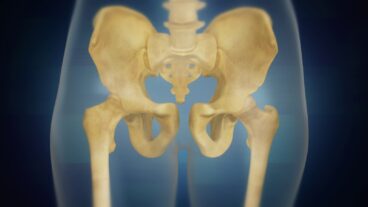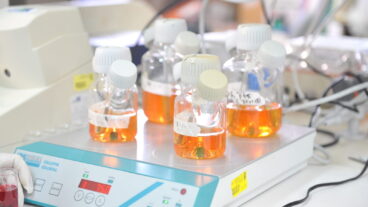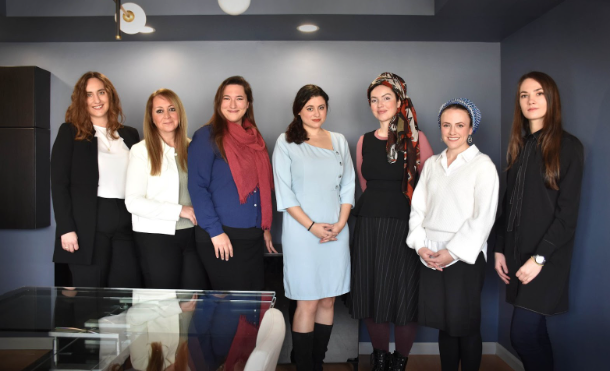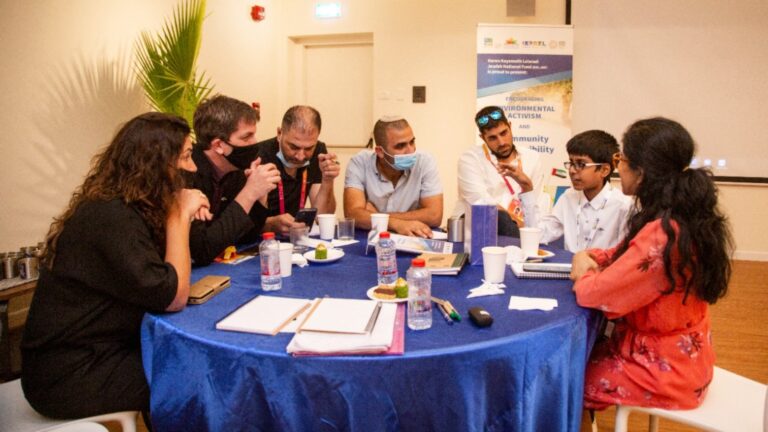Have you heard about Femtech?
It is a word now being used to describe the movement within science to create more space for the voices of women in Israel, especially within the health and wellness fields. Creating more opportunity in this area opens up the possibility for success in improving women’s health.
Because of this shift, new technology is being created to support women’s health and everyday life. In addition, science is becoming more accurate overall because it is more representative of all genders. According to Start-Up Nation Central, a discovery program for Israeli start-ups, 90 of the 130 companies whose target audience is women are focused on health. The areas these startups focus on are breastfeeding, cosmetics, diagnostics, oncology and cancer support, pelvic health, reproductive and pregnancy, safety, sexual wellness, surgery and wellness.
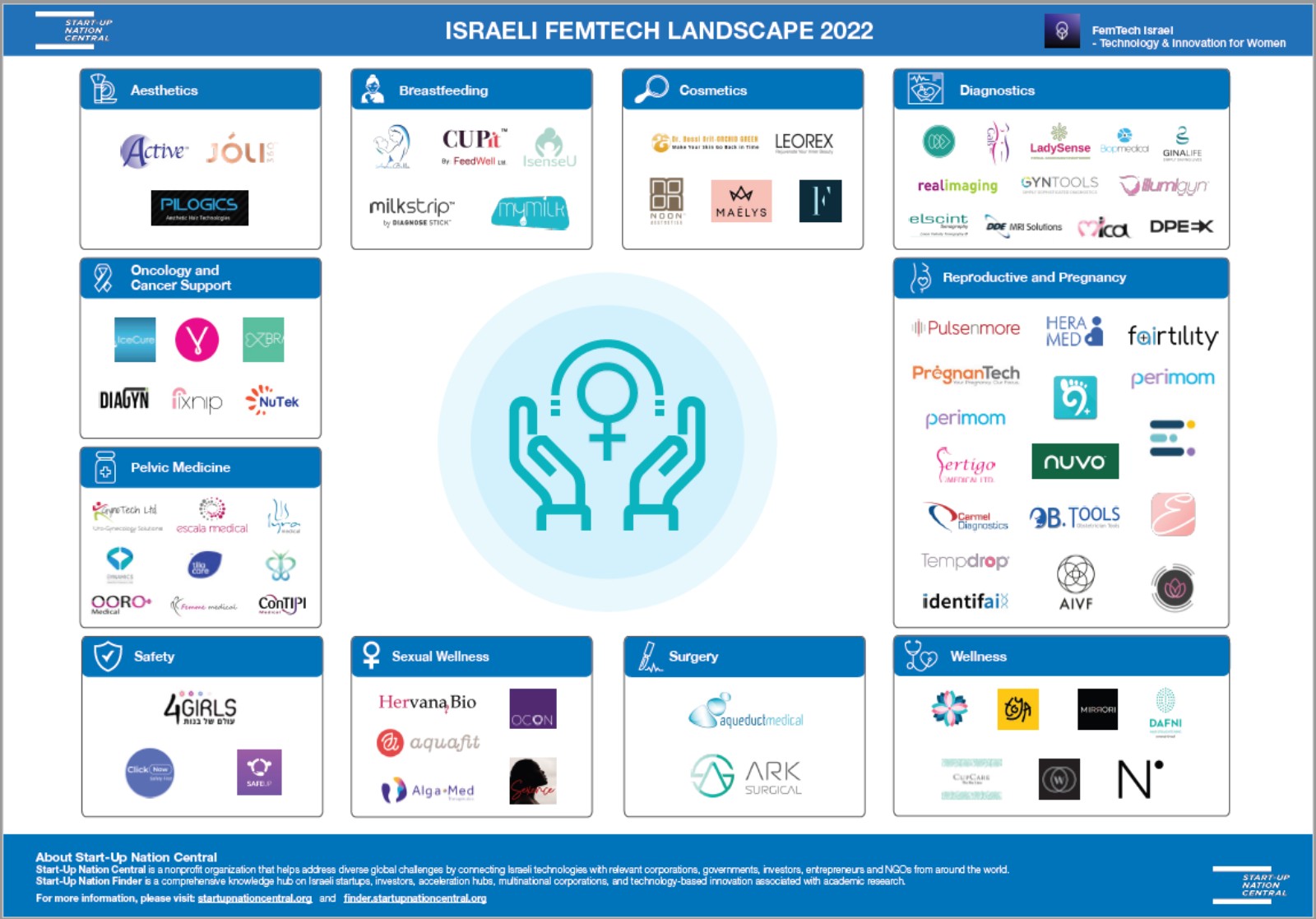
Three of many Israeli Femtech companies leading the way in the field of women’s health are:
- GinaLife, for gynecological prevention tests
- Gals Bio – Tulipon, for menstrual health
- SafeUp, a women’s personal safety app
The reason there is such a focus in women’s health is because there is a lot of opportunity for growth in the field due to a lack of information. Femtech is a field that needs to be integrated into science as a whole because women deserve to have the same research done into their health as men have.
It is pretty accepted in the scientific community that women are not as represented as men are but Israeli additions to Femtech are allowing space to restore the balance. Paying attention more to the differences between women and men in studies allows better specificity in the results. Our world is made up of both men and women, so why would men be more represented in science? As women are gaining representation, results will provide a bigger and better picture of our world and how it works.
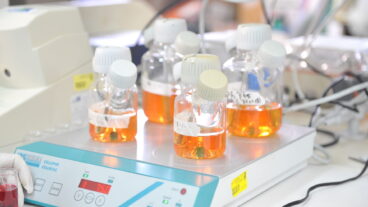
Because there has been a lack of representation for women in science as a whole, we don’t know as much about the female body as we do about the male body. Advancements coming from Israel in women’s health are now showing signs of that changing. Innovations are now coming out so we can better predict health issues for women in the future. Israeli biotech company, Gina Life, is now testing vaginal fluids so doctors can have more biological and clinical information to predict gynecological issues for women. This is allowing the field to know how to better treat reproductive issues and it is also allowing us to improve the way we pay attention to women’s health. One innovation that demonstrates growth Femtech has made is a new pad being introduced to the market in 2025 that tests fluids during a woman’s cycle and provides test results to check for signs of conditions ranging from cancerous ovarian and cervical tumors to ovulation problems and endometriosis. The field of women’s health is not only beneficial to all, but it directly helps make women’s lives easier and safer.
Only recently has there been a push to create a space for the female perspective in scientific clinical trials. At the Technion-Israel Institute of Technology in Haifa, studies were done showing the differences in representation between female and male participants in studies. To try and combat this gap, algorithms have been introduced in machine learning to use gender bias as a solution. Predictions for women’s health improved in areas like length of hospitalization, shorter re-hospitalization time, and the correlation between various diseases, when the algorithm was used. Prognoses for men also significantly increased when gender was taken into account in trials using the algorithm. It is important to take in the experiences of all groups in studies to keep the results unbiased, which is what the algorithm does. When more variables are taken into account like gender and there are differentiations introduced to a study, all groups involved in the study will be better represented.
The idea of Femtech is not to raise women above everyone else, but to make science more representative of the populations being tested. The goal is to improve health outcomes for all groups. Sharon Handelman-Gotlib, a development manager and member of the management team in the Femtech IL community, says that the goal is to make Femtech an obvious concept that isn’t thought of as a field of it’s own. As we are able to support women’s representation in medical trials, and research becomes more equal, Femtech won’t be a field seemingly so separate from the rest of general science.
The goal is to make science a field that is authentic in its ability to create understanding of the real world, and the best way to do that is to make medical trials and studies representative of all people. As we pay attention to differences among groups, results become more specific and more accurate. Israel’s contributions to the change in health research becoming more conscious of the gender bias within science is allowing the field to expand because it is creating results similar to real life. Including science to allow for the context of the female experience improves all results and it provides serious potential to expand the field of women’s health.
Did you learn something today?
After reading this article, please take a moment to fill out this quick feedback survey to be entered into a raffle for a chance to win one of ten $15 Amazon gift cards.
Groundbreaking Israel content is developed by ISRAEL21c’s Digital Ambassadors.
Eliza Aretz is a student majoring in psychology at University of Central Florida. After college they hope to pursue a career in clinical psychology.
Elianna Sokoler is a student in Barrett Honors College at Arizona State University. She is majoring in political science and minoring in communication.





